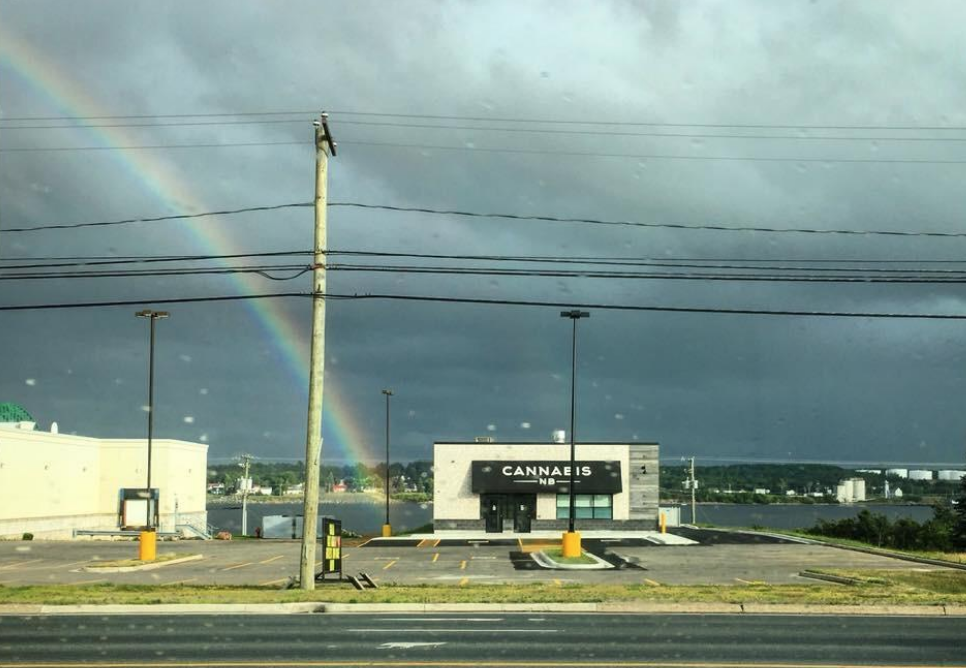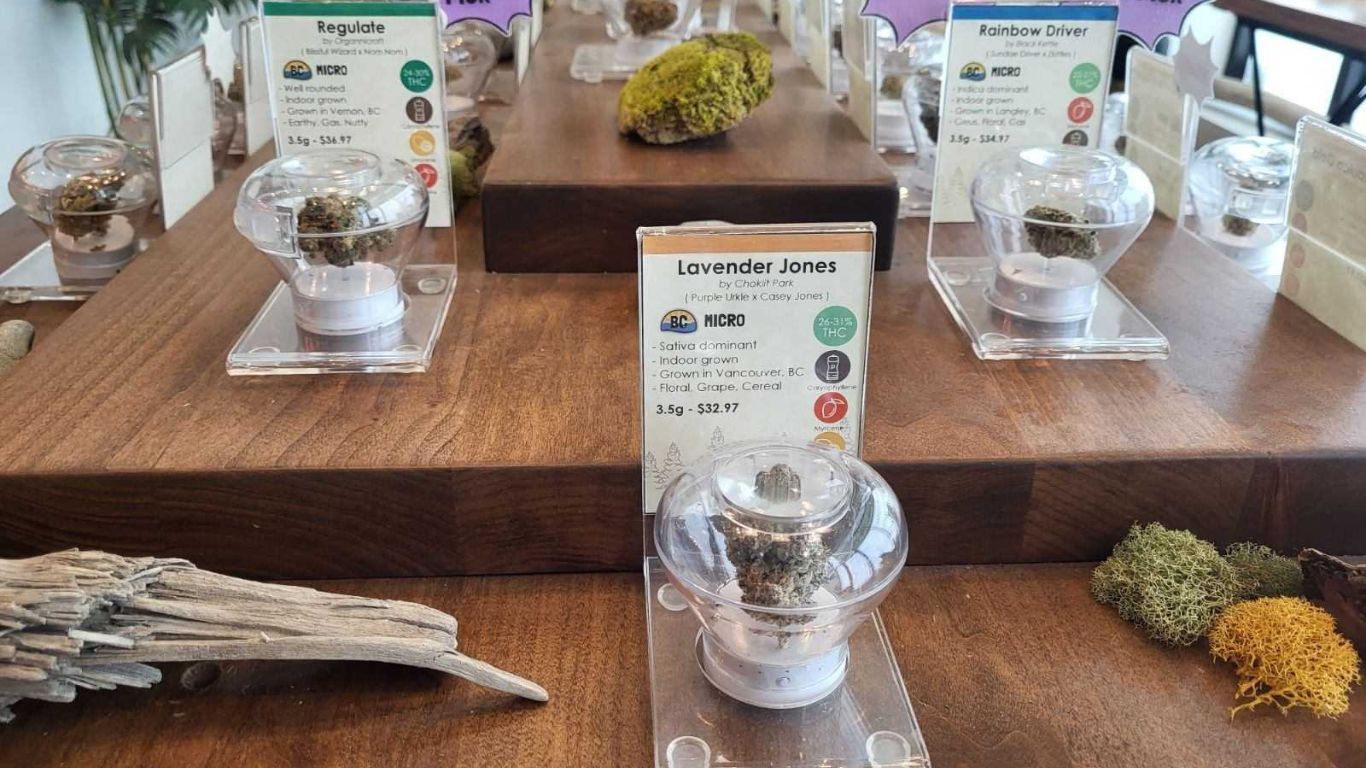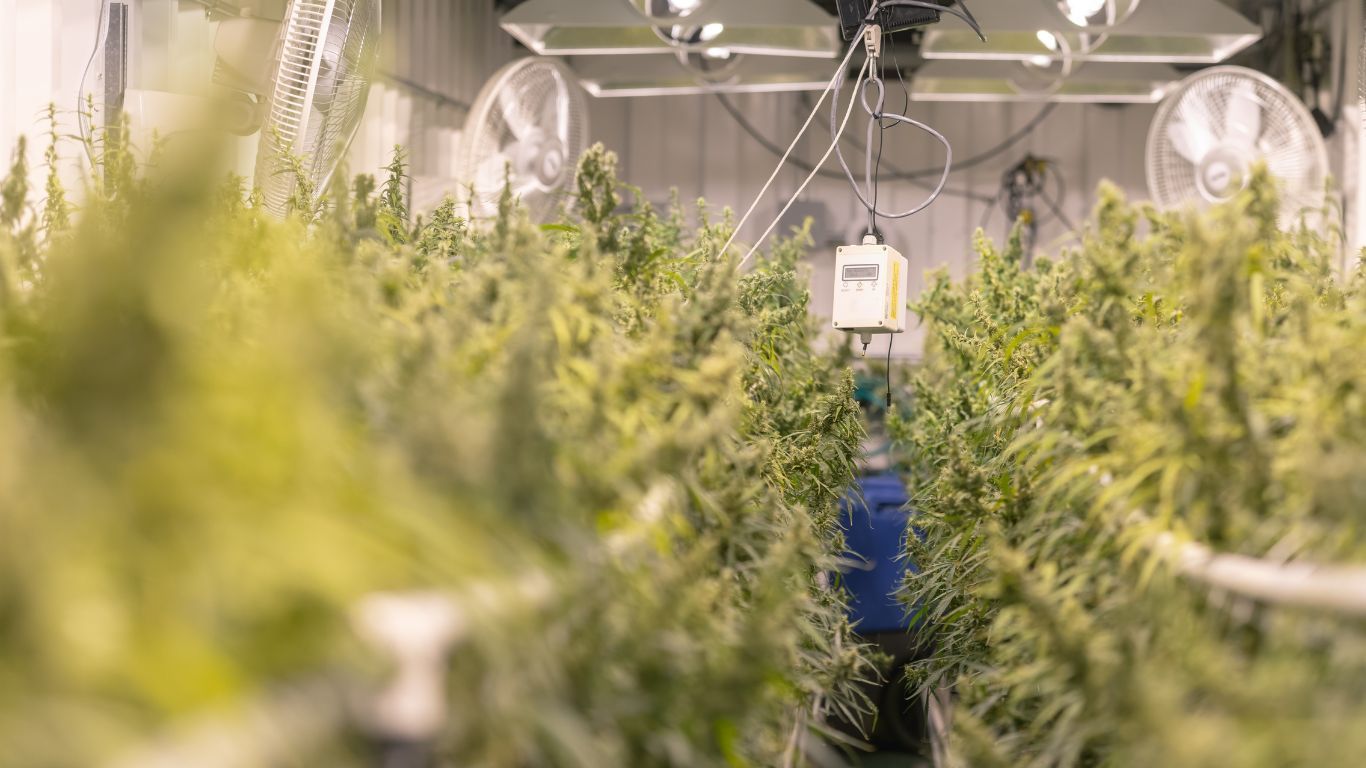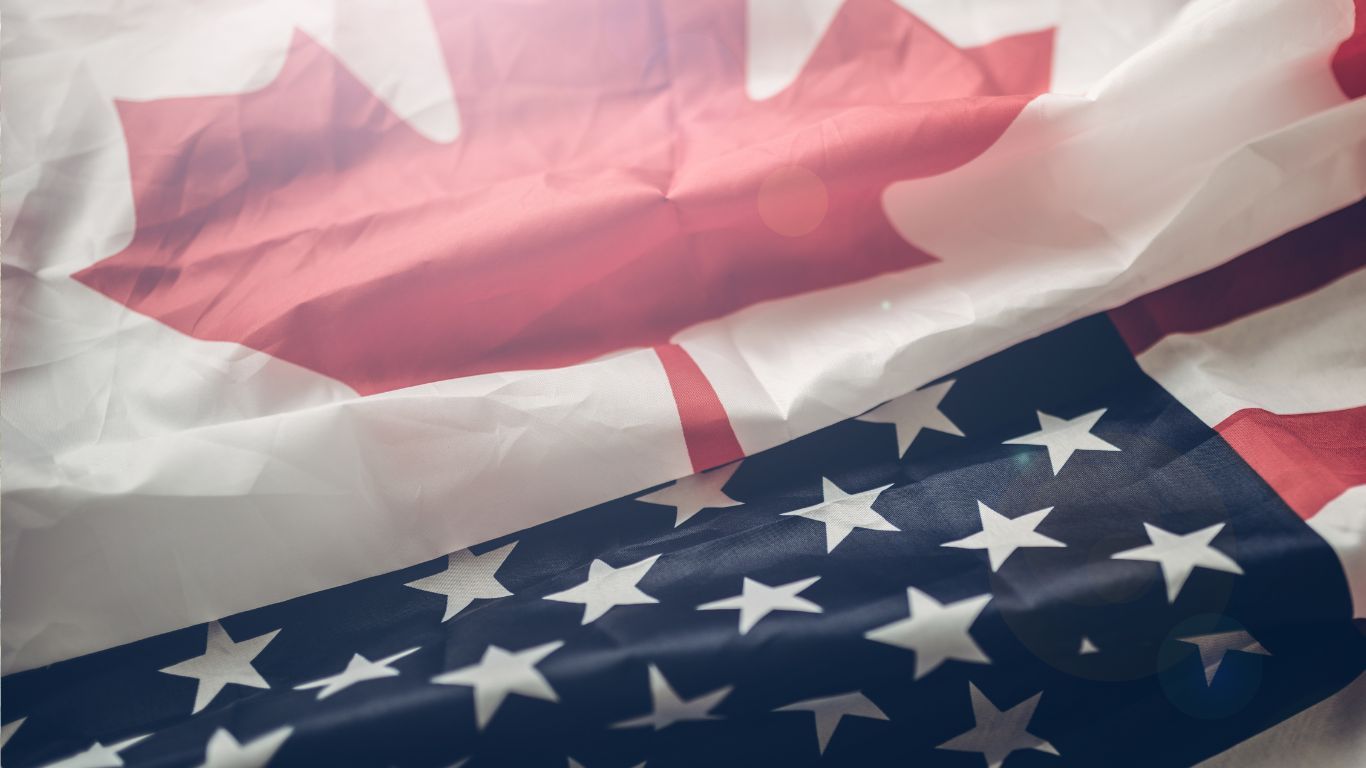
New Brunswick has discontinued the Request for Proposal (RFP) process for the sale of Cannabis NB to a private company.
“I thank the staff of Cannabis NB and all of the proponents for their patience as we have navigated this process through the COVID-19 pandemic,” said Premier Blaine Higgs. “Discussions with the top-ranked proponent have concluded and our government has decided that the best approach for New Brunswickers is to continue with the Cannabis NB model that is now in place.”
While we were pleased with the level of interest and engagement from the private sector, Cannabis NB’s performance over the past few months, as well as careful consideration of the social and economic implications of the retail model, has given us confidence that New Brunswick taxpayers and consumers can be well served through continued improvements within the current model.
Minister Ernie Steeves
On November 14, 2019, the province issued the request for proposals (RFP) to take over Cannabis NB, the provincially-run cannabis distribution and retail chain of 20 stores, and introduced amendments to the Liquor Corporation Act to facilitate the potential change on November 22.
The reasoning given by the government at the time for this proposal was that Cannabis NB was losing money, although the crown corporation has since then shown increasing profits as sales increased and it recouped initial startup costs.
“This is part of our efforts to energize the private sector, get our financial house in order and maximize the benefits for taxpayers and the government,” said Finance and Treasury Board Minister Ernie Steeves in November, 2019 . “After a careful and thorough review of the current business model for the sale of recreational cannabis and an analysis of alternative options, we came to the conclusion that the best approach for New Brunswick taxpayers and government is to turn to the private sector.”
By January 13, 2020 the province announced that eight proposals had been received in response to the RFP, from Canopy Growth Corp, Fire & Flower Inc., Green Stop Cannabis Ltd, Kiaro Brands Inc., Loblaw Companies Ltd., New Brunswick Association of Cannabis Distributors, RSL NB, and YSS Corp.
At that point, the provincial government said they expected a decision by Spring 2020. Then, partially due to COVID-19, the decision was delayed until the summer, and then again delayed until after a provincial election on September 14.
The New Brunswick government says that in order to protect the commercial confidentiality of the process and of the private sector participants, no further details of the short-listed proponents or their proposals will be disclosed.
“While we were pleased with the level of interest and engagement from the private sector, Cannabis NB’s performance over the past few months, as well as careful consideration of the social and economic implications of the retail model, has given us confidence that New Brunswick taxpayers and consumers can be well served through continued improvements within the current model,” said Finance and Treasury Board Minister Ernie Steeves.
Steeves said the government continues to focus on economic growth and recovery, and on actions designed to strengthen New Brunswick’s economy in the long-term.
Earlier this month, a group representing New Brunswick cannabis producers, industry associations, and the Assembly of First Nations Regional Chief Roger Augustin called on the province to halt the potential sale of Cannabis NB to a private company.
Although most stakeholders who presented to the working group say they strongly supported a government-controlled retail model, some say they were open to the eventual expansion to include private retailers and allowing cannabis producers to retail. Their opposition, they say, was not to privatization in general, but the sale of the entire government infrastructure to one private company.
A provincial working group put together by the New Brunswick government in 2017 came to the conclusion that New Brunswick’s interests would best be served by a provincial Crown corporation-operated retail model for cannabis.
The rationale for such a model was that it would provide the most effective and cost efficient way to regulate retailers, while also ensuring profits are reinvested back into the province. It was also suggested that a government-run retail system could be more open to working with local New Brunswick growers.











